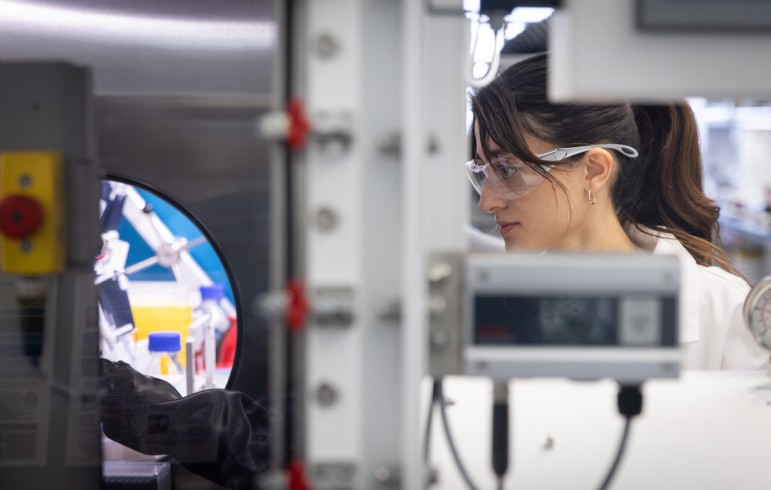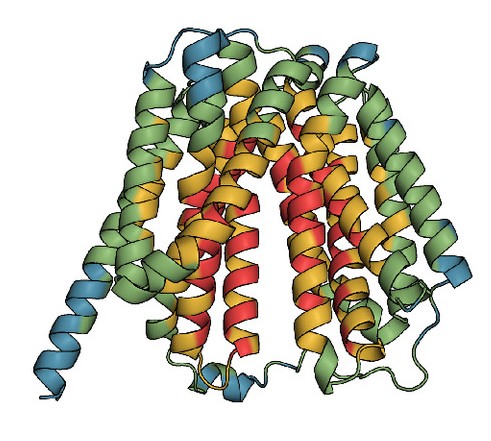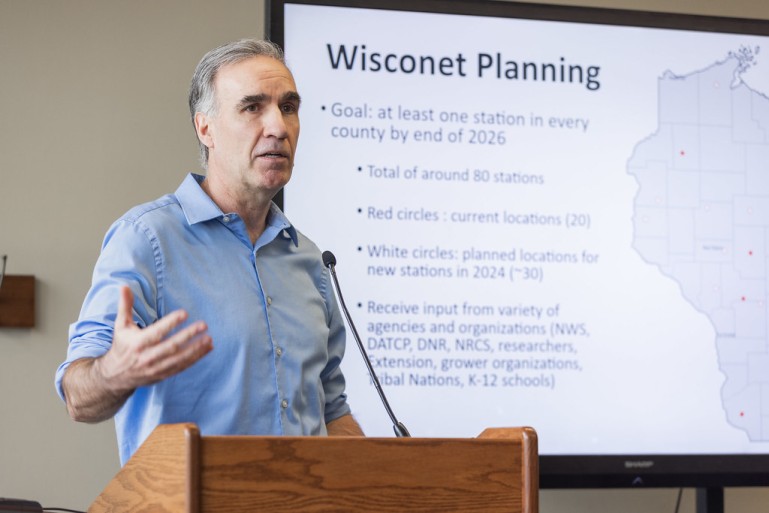Media coverage of WEI this month focused on national climate change action, the challenges and opportunities in biobased products, and a new climate change campaign led by climate scientist moms.
A University of Wisconsin–Madison team will take part in the country’s most prominent undergraduate-level wind energy competition for the seventh consecutive year. The UW–Madison team, dubbed WiscWind, is one of 11 teams invited to participate in the U.S. Department of Energy’s 2022 Collegiate Wind Competition.
This week we check-in with Ashley Becker, a graduate research assistant in Randy Jackson's lab, to talk about how livestock management impacts plants and soil carbon and what brought her to the University of Wisconsin–Madison.
The importance of a good role model cannot be understated. One of the most effective ways to inspire more girls to go into science is to show them people who look like them in positions of leadership in the classroom, the lab, and in the office.
Tracey Holloway was in her first semester at Brown University, intent on majoring in political science, when she unexpectedly fell in love with math and science.
We checked in with Manar Alherech. Prior to successfully defending his thesis in January 2021, Dr. Alherech spent six years as a graduate student in Shannon Stahl’s lab at UW–Madison.
GLBRC researcher and University of Wisconsin–Madison biochemistry assistant professor Vatsan Raman describes a new computation-guided method to optimize the design of split protein systems that can be used to monitor and regulate biological activity.



